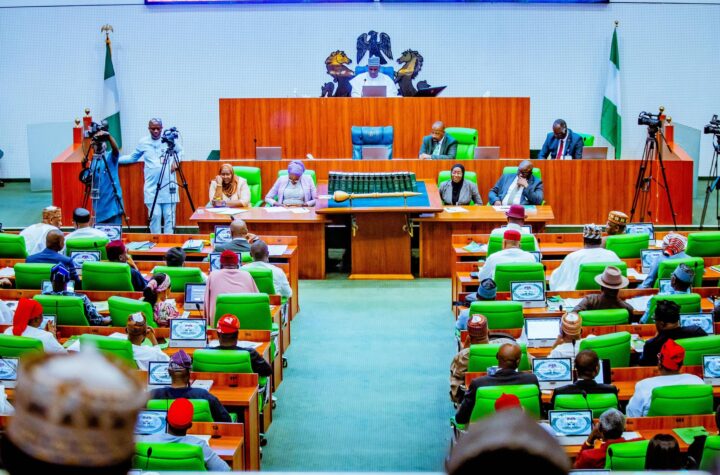*To strengthen democracy -sponsors
By Mercy Aikoye
The House of Representatives has taken a significant step towards making voting compulsory in Nigeria. A bill seeking to amend the Electoral Act, 2022, to make electoral involvement a legal obligation rather than a personal choice, has scaled second reading.
The bill, sponsored by Speaker Tajudeen Abbas, passed second reading during Thursday’s plenary after a heated debate. Leading the debate, Daniel Ago, the co-sponsor, argued that compulsory voting law would increase civic engagement and voter participation, thereby strengthening democracy.
Ago said the bill, if passed into law, would encourage improving representation and foster a more politically aware country, while also reducing vote buying. He emphasized that the proposed law would ensure that citizens’ voices are heard and their votes count.
Deputy Speaker Benjamin Kalu, supporting the bill, cited Australia’s example, where voting is compulsory, and noted that it has resulted in a stable and inclusive governance. Kalu said Nigerian citizens should be part of decision-making by participating in elections.
However, not all lawmakers were convinced. Awaji-Inombek Abiante, a People’s Democratic Party (PDP) member from Rivers, questioned the incentives that citizens would be denied if they do not vote. Abiante also raised concerns about the voter register, saying it is not clean and that there are people who are abroad who would need logistics to come home and vote.
Mark Esset, a lawmaker from Akwa Ibom, rejected the bill, saying the house shouldn’t enact a compulsory voting law when citizens have not lost confidence in the voting process. Esset added that while the intention to make voting compulsory is good, there should also be a law to ensure that votes count.
During the debate, Kalu consistently interrupted opposing lawmakers, citing Order 9, but Abbas had to correct him, clarifying that the debates were in line with the general principles of the bill. When the speaker called for a voice vote on the bill, the “ayes” were louder than the “nays,” indicating that the bill had passed second reading.
The bill now moves to the committee stage for further scrutiny before it can be passed into law. The proposed law has sparked a national conversation about the importance of voting and the role of citizens in shaping the country’s future.
If passed into law, it would make Nigeria one of the few countries in the world where voting is compulsory.



